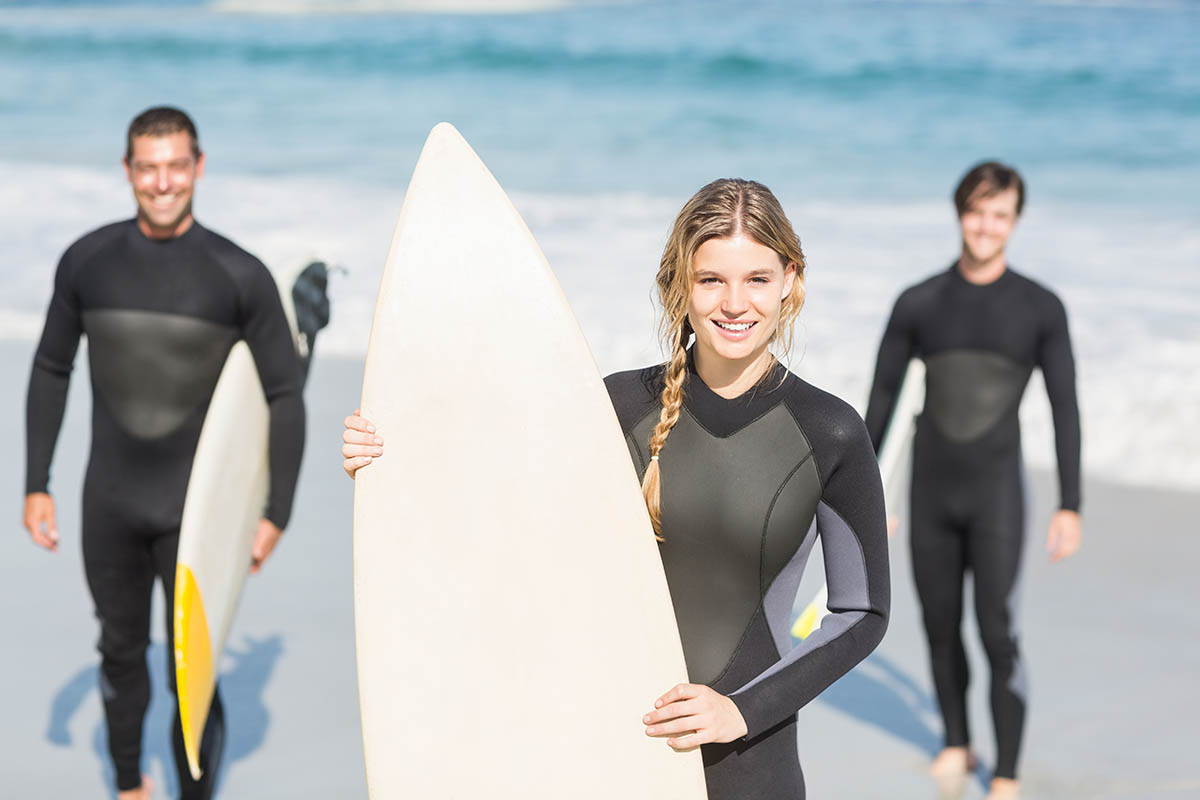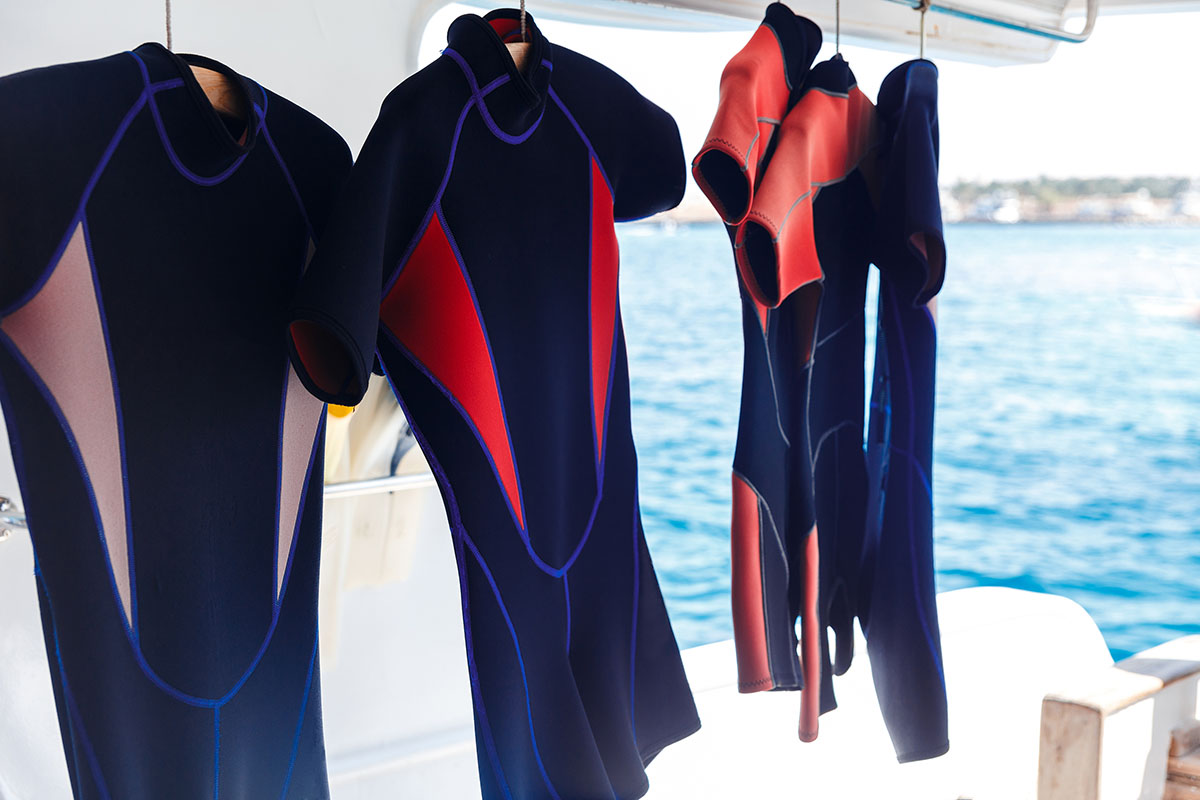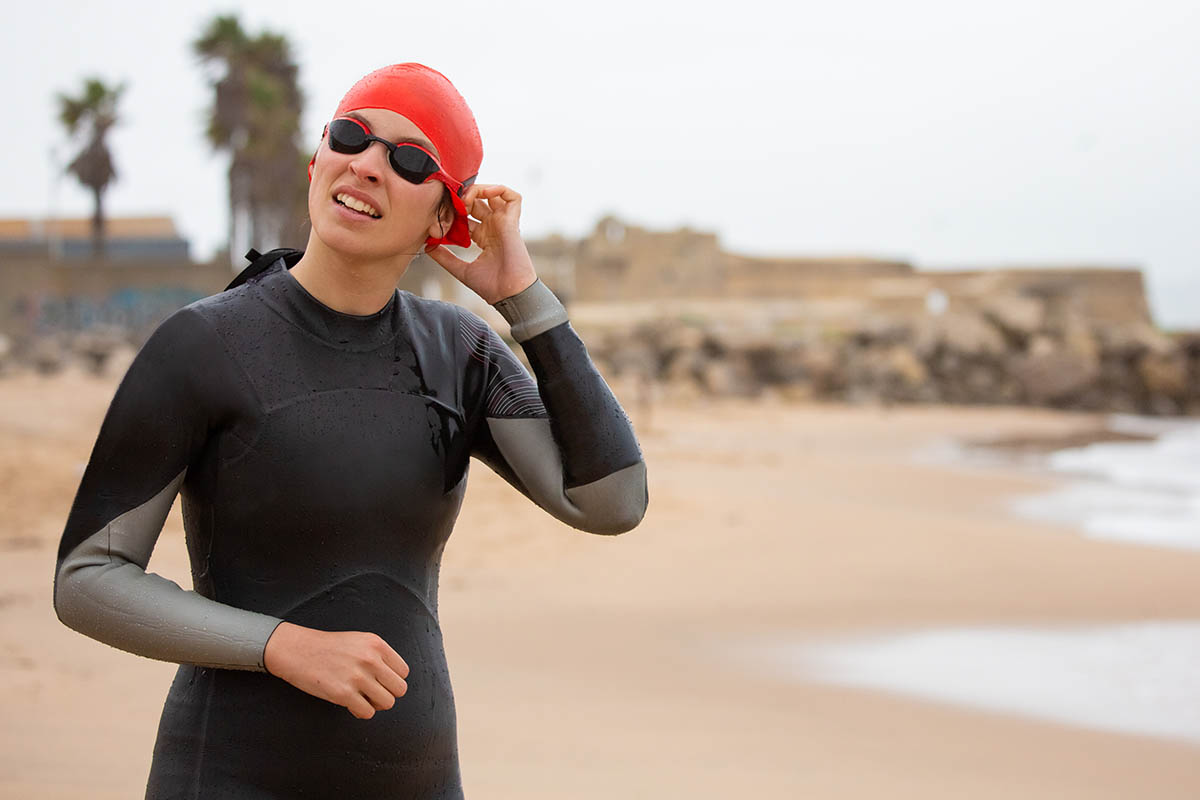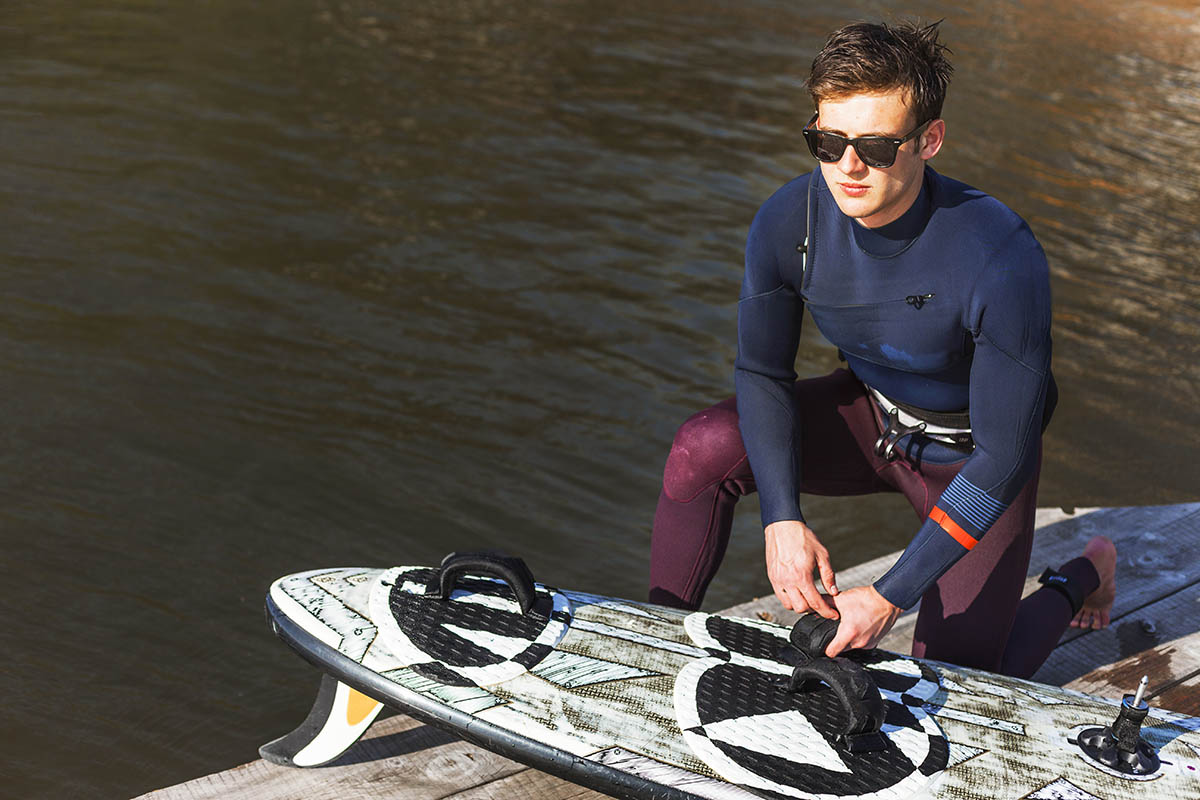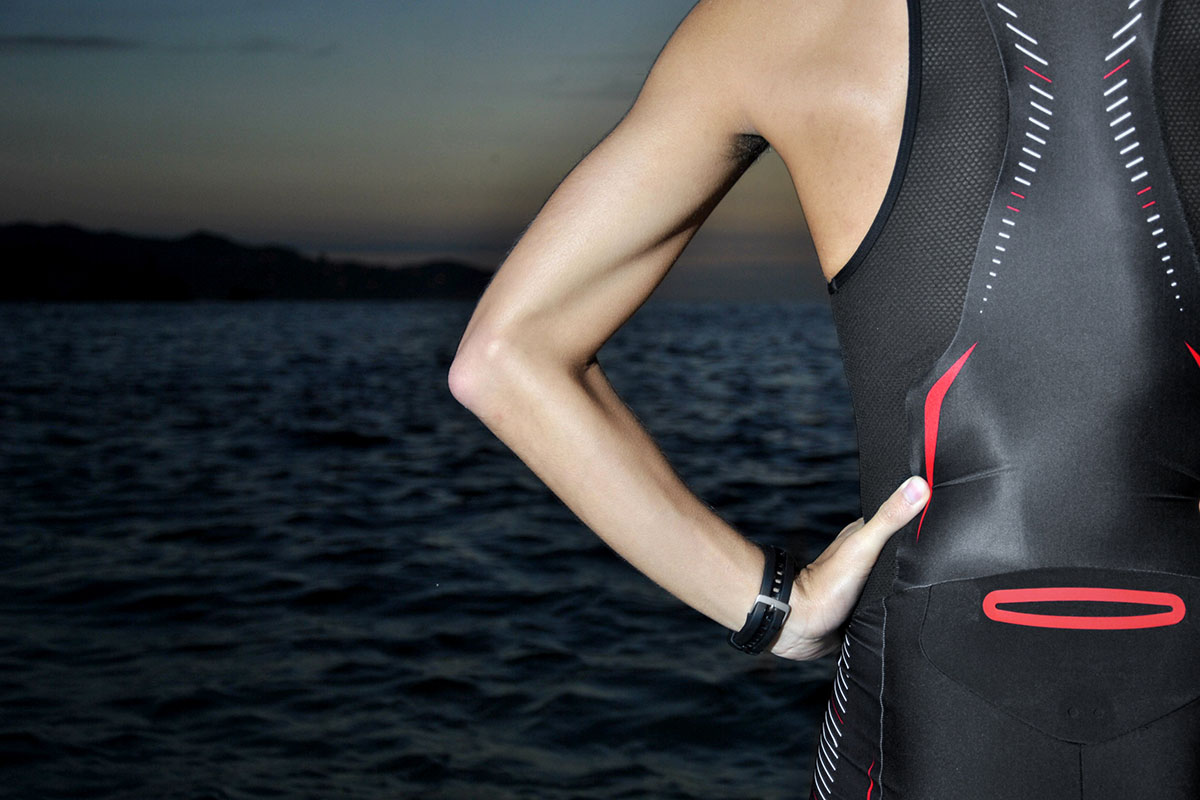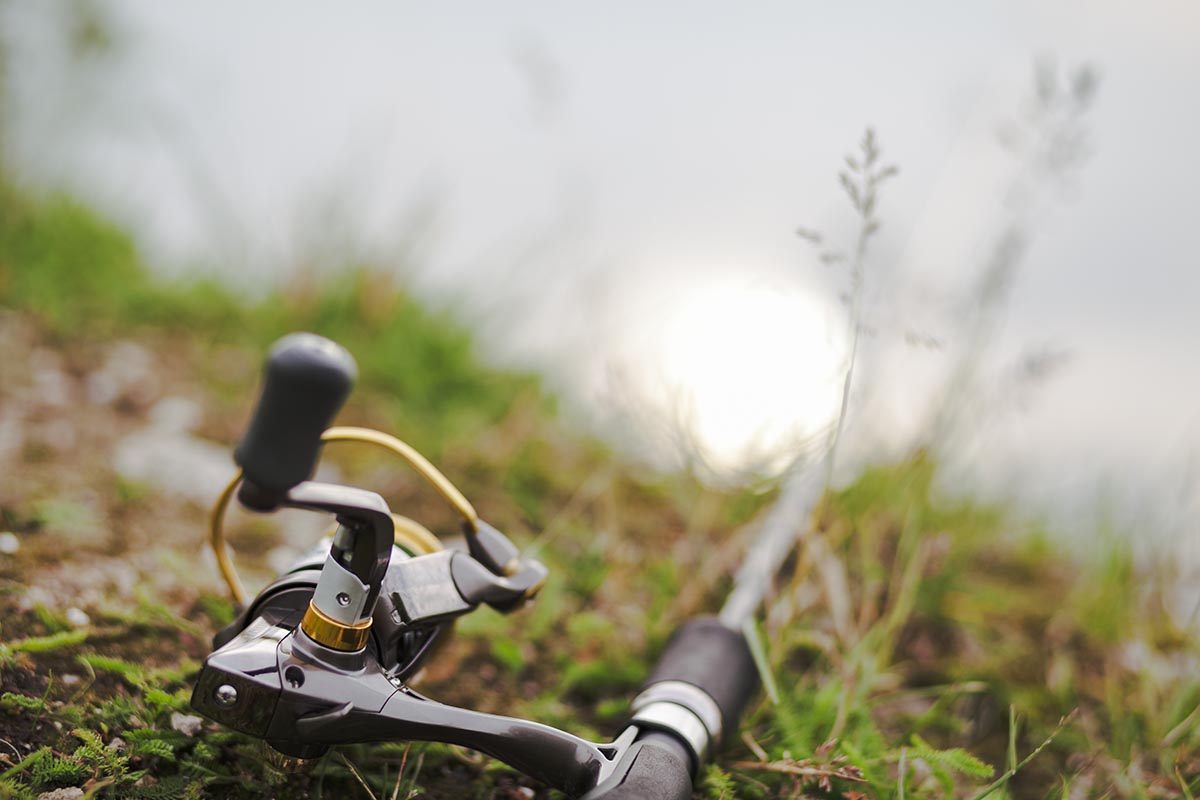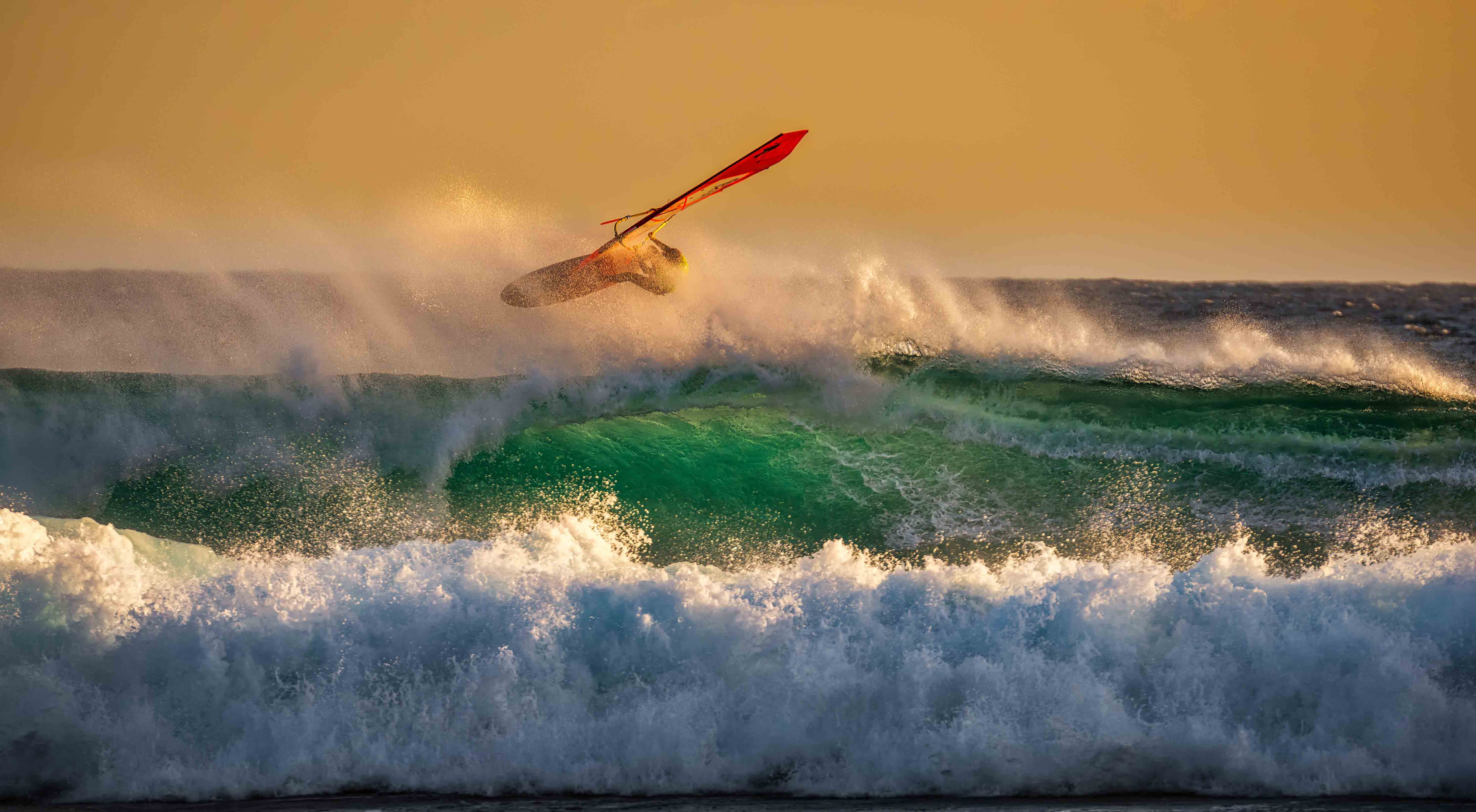Surfing and Swimming: What Is the Best Wetsuit for You?
If you like to surf or swim in water that is a little cold, you may want to get a wetsuit. But what is the best wetsuit for you? Read on to learn more.
So you like to surf and swim, but the icy ocean water gets to you. A little chilly, ain’t it?
If this happens, it helps to get a wetsuit. But when it comes to choosing one, their similar appearances and the abundance of options can make it hard to decide.
If you want to learn how to choose the best wetsuit for you, keep reading.
How Does a Wetsuit Work?
Before you even start looking for the best wetsuit, it’s a good idea to learn how a wetsuit works and why each feature is important.
A wetsuit is a type of functional costume that traps a layer of water between your body, and the material that is made from.
By doing so, it allows you to warm the water to a comfortable temperature.
The thicker it is, the longer and warmer you will be able to sustain temperature in the water.
Most wetsuits are made of neoprene, which allows you to stay warm and dry. It is an elastic rubber synthetic with impeccable insulation qualities. The thicker the neoprene, the warmer you’ll be.
Not to mention, lightweight and buoyant neoprene wetsuits provide protection against abrasive textures, so you don’t scrape yourself on the reef or boat.
Now let’s delve into actually selecting one, based on the merits of creation.
Warmth and Thickness
In order to determine how thick your wetsuit should be, you have to think about the temperature of the water you will be submerged in.
If you plan to use it on the beach in the summer, it should be as thin as possible. And vice versa for the winter.
Wetsuits are developed to keep warm in, and cold water out. So the colder the water, the thicker the wetsuit should be.
Also, some wetsuits have air chambers that trap heat. The mechanism blocks water via a fused locking zipper and prevents flushing.
Here’s how you can choose your wetsuit for specific temperatures:
- Rashguard for 75F +
- Springsuit for 74-64F
- 2mm Long sleeve spring suit or 3mm Fullsuit for 66-59F
- 3mm Fullsuit + Booties for 59-56F
- 4mm Fullsuit + Booties for 55-50F
- 5mm Fullsuit + Booties + Hood for 50-44F
- 6mm Fullsuit + Booties + Hood for 43F
But depending on the material and extra functionality, you might not adhere to this exact temperature protocol. Let’s continue.
Wetsuit Mobility
When you’re in the water, you don’t want your mobility to be restricted in any shape or form. If a wetsuit is too tight, it might be hard to swim properly.
A wetsuit should be comfortable enough without restricting your body in any way, but not loose as that the water can get in.
Each manufacturer has its own standards for sizing, so it will be different for each company you choose.
Wetsuit Seams
Each wetsuit possesses a unique type of seam, which comes with a list of benefits and cons. Here are some examples:
Flat Lock Stitch
A fully flat stitch that goes through both sides of the neoprene composite is called a flatlock stitch. It does not provide a good tight seal.
Overlock Stitch
The cheapest of wetsuits have an overlock stitch. It can be seen sticking out of the neoprene and can be uncomfortable at times.
Even though it is moderately strong, the stitch leaves holes for wind and water to enter the suit.
Blind Stitched
This stitch is first glued, then threaded with a needle on the same size. But not all the way through.
Over time through regular use – small holes will appear because of stretching.
Neoprene Tape
The most flexible of seam tape is the neoprene one. It can be used inside, resulting in a flexible 100% waterproof seal.
Liquid Tape
Special rubber is used to seal the inside and outside, resulting in a 100% waterproof seal.
Wetsuit Zippers
The wetsuit zippers differ as well, which determines how easy or comfortable you can get in and out of the suit.
Chest Zipper
This type of zipper spans horizontally across the upper portion of the chest and provides quite a lot of flexibility.
This zipper keeps water from flushing when swimming or surfing.
Back Zipper
This type of zipper spans vertically down the entire back, making it easy to get in and out of. But it reduces flexibility and can be quite stiff.
No Zipper
A wetsuit made of neoprene with velcro closures keeps cold water out and flexibility at its finest. This is optimal for those surfing days.
Accessories and Styles
Now that you know how to choose the best wetsuit based on the parameter, you can move on to styling and accessories to make it even better.
Also, if you ever wondered why surfers wear a black wetsuit, check this article out.
Dry Suit
This type of suit is used for the coldest of conditions. They are designed to keep the most water out via rubber seals around the neck, ankles, and wrists.
Some of them use velcro straps to provide extra sealing potential.
Farmer John or Long/Short John
This is a one-piece suit. Usually, coming with a unique vest top and/or short/long legs.
Hood
This type of accessory is used to keep your head warm and protect it from the wind. Some wetsuits come with one attached, but you can also purchase one separately.
Gloves
Self-explanatory. Gloves keep your fingers and hands warm. They come in a variety of thicknesses, and styles suited towards specific environments.
Booties
These are foot accessories developed to keep your feet warm in cold water. They come in two types: split and a round toe.
The split-toe separates your big toe from the rest of the toes. By doing so, you get more stability in the water when stepping on objects.
And a round toe covers all of your toes for maximum warmth.
Rashguard
A rashguard is not a suit, but it can be worn under a wetsuit for extra warmth.
It also protects from chafing but is often used to block UV rays when surfing in the summer.
Choosing the Best Wetsuit for You
Now, with your newly acquired knowledge of wetsuits, you are free to go and find the best wetsuit for you.
If you’re interested in reading similar topics, check out some of our other blogs on the website.
Good luck with your search!
